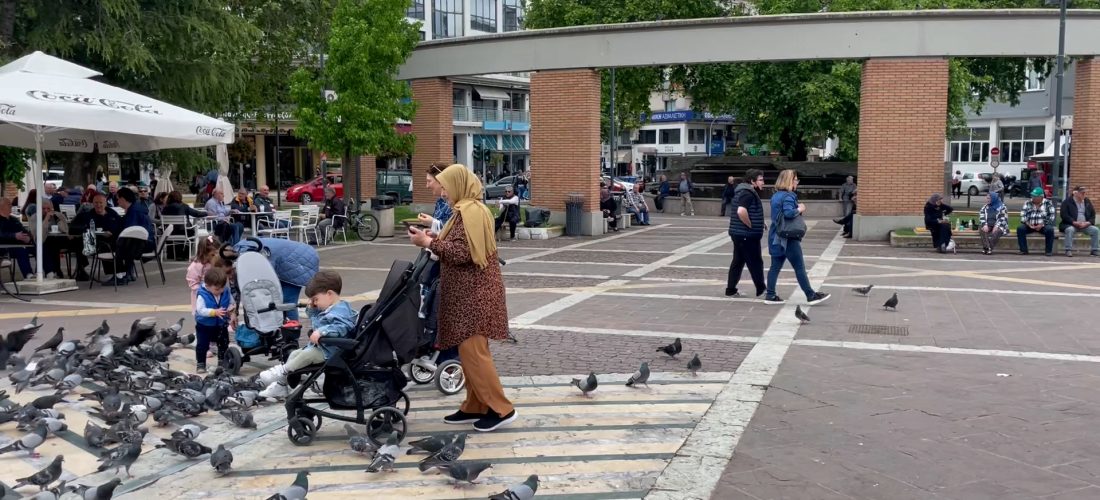In the short documentary ‘Between Athens and Ankara’ the struggles of the Turkish-Muslim minority in Northern Greece is explained. These are some of the people a part of that minority. They live spread out over the region of West-Thrace.
Nourntan Giousouf Impram – Ariana
Greek citizen with Turkish ethnicity. Works as an English teacher in Ariana and Komotini.
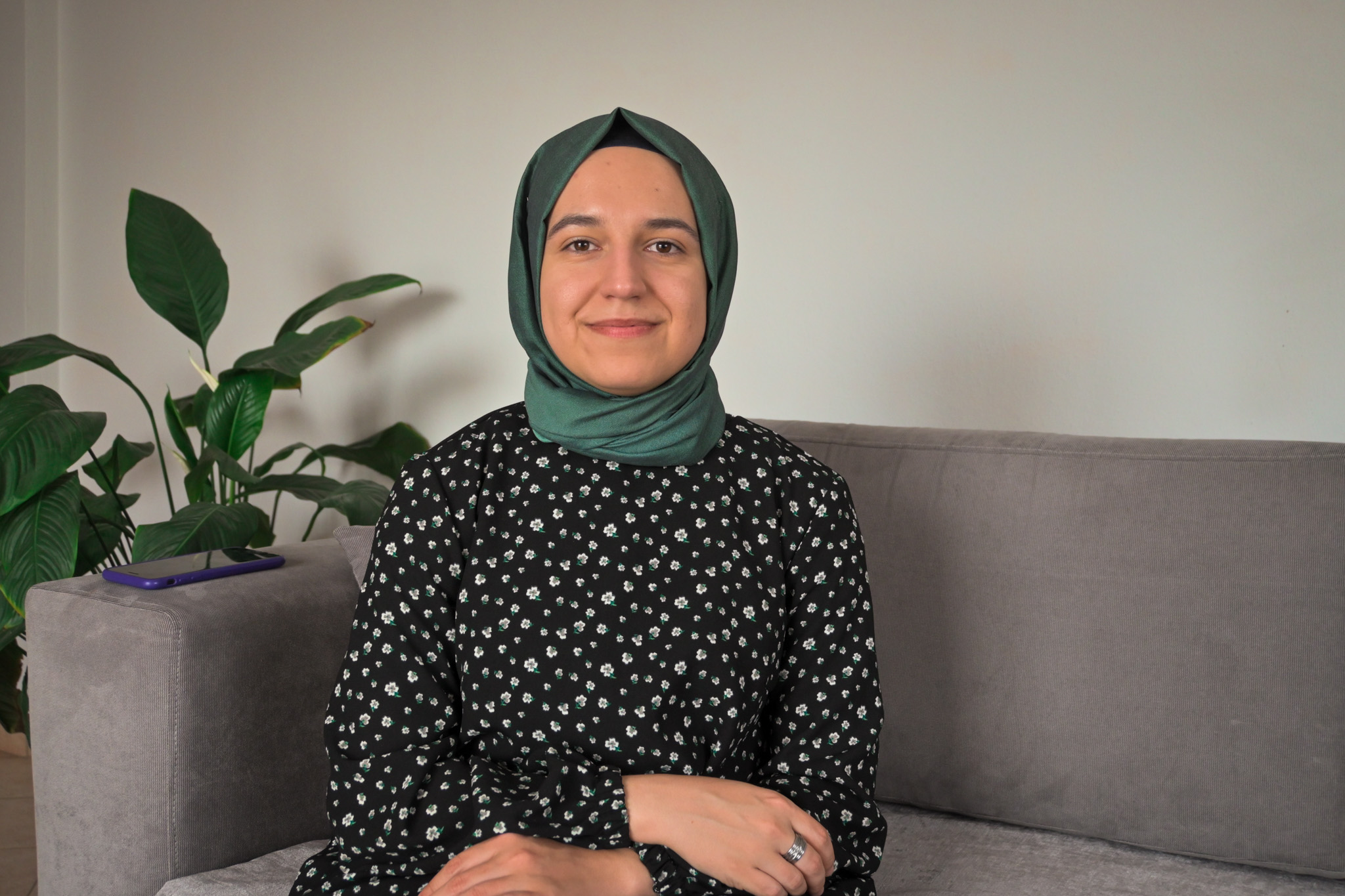
Nourntan is twenty-eight and lives in the town of Ariana. Every day, she commutes to Komotini where she teaches English to youngsters and adults in the area. She enjoys reading – thrillers and non-fiction preferably – and meeting up with her friends.
She’s easy to talk to, also due to the fact that she is fluent in English, Greek and Turkish. Her ethnical identity, however, is something that is a little bit harder to explain.
‘It feels like a bit of a crisis,’ she admits, ‘because I am Greek, I have a Greek passport and I live in Greece, but ethnically I am Turkish. And Muslim, which are tied closely together.’
She is not adamant on recognition, as she does not care too much about labels but would rather everybody view each other as humans.
Ömar Halil – Komotini
He is a Greek citizen with Turkish ethnicity. Is a high-school student and follow Greek curriculum.
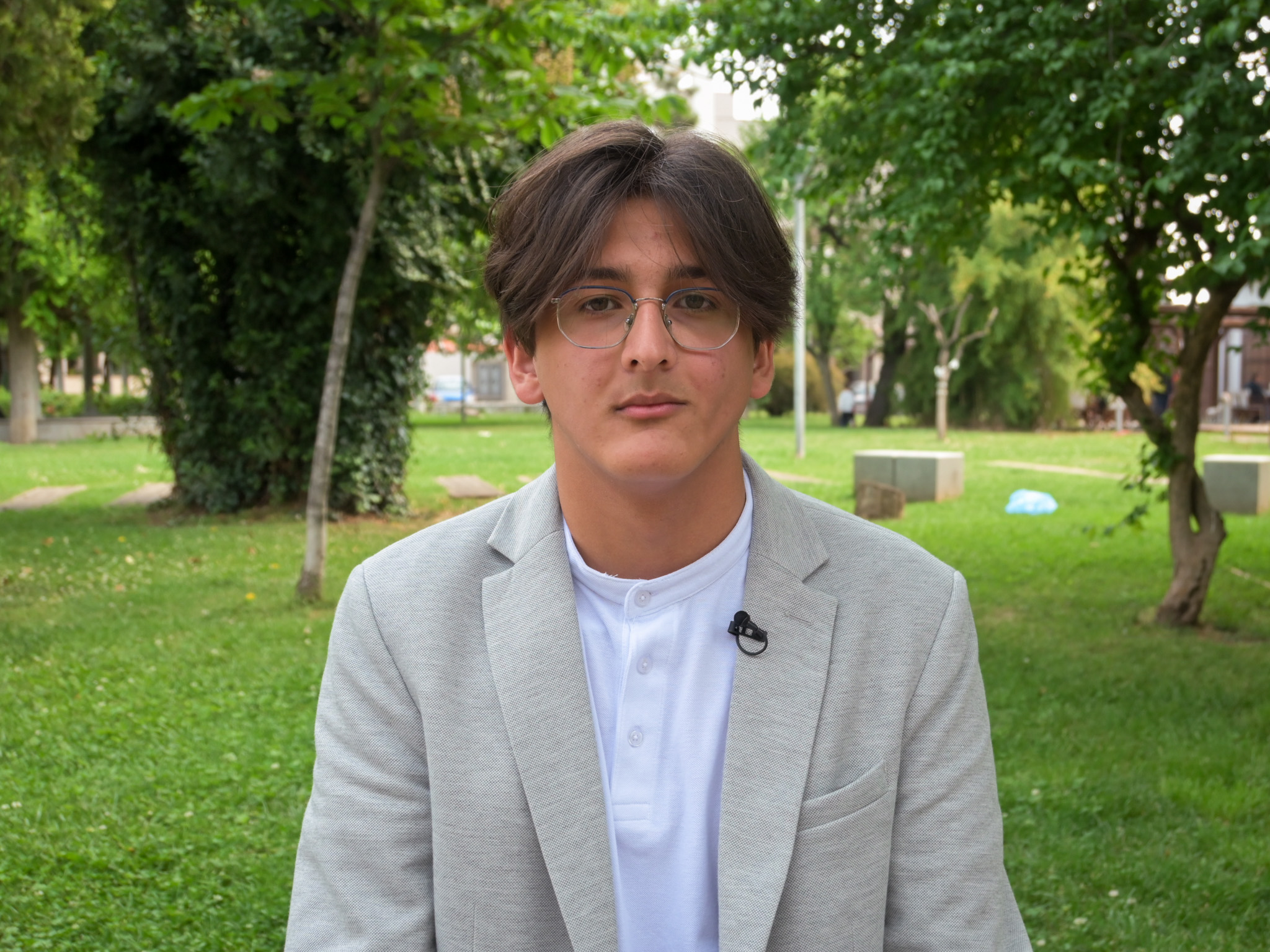
Like Nourntan, he speaks both English, Turkish and Greek. Nourntan is his English teacher. He lives in the city of Komotini and goes to school there. He thinks it’s important to work hard and to accept both his Turkish identity and Greek nationality.
‘The people who don’t speak Greek are only creating issues for themself. I know I am Turkish, I do not hide it, but I also live in Greece,’ he explains. ‘I want a good job when I get older, that is also why I learn English too. I have both friends who are Turkish and who are only Greek, but we don’t really talk about our identity when we are together.’
Betoul – Ariana
Betoul is 28 years old and is studying Theology just across the border in Turkey. She is proud of her Turkish ethnicity.
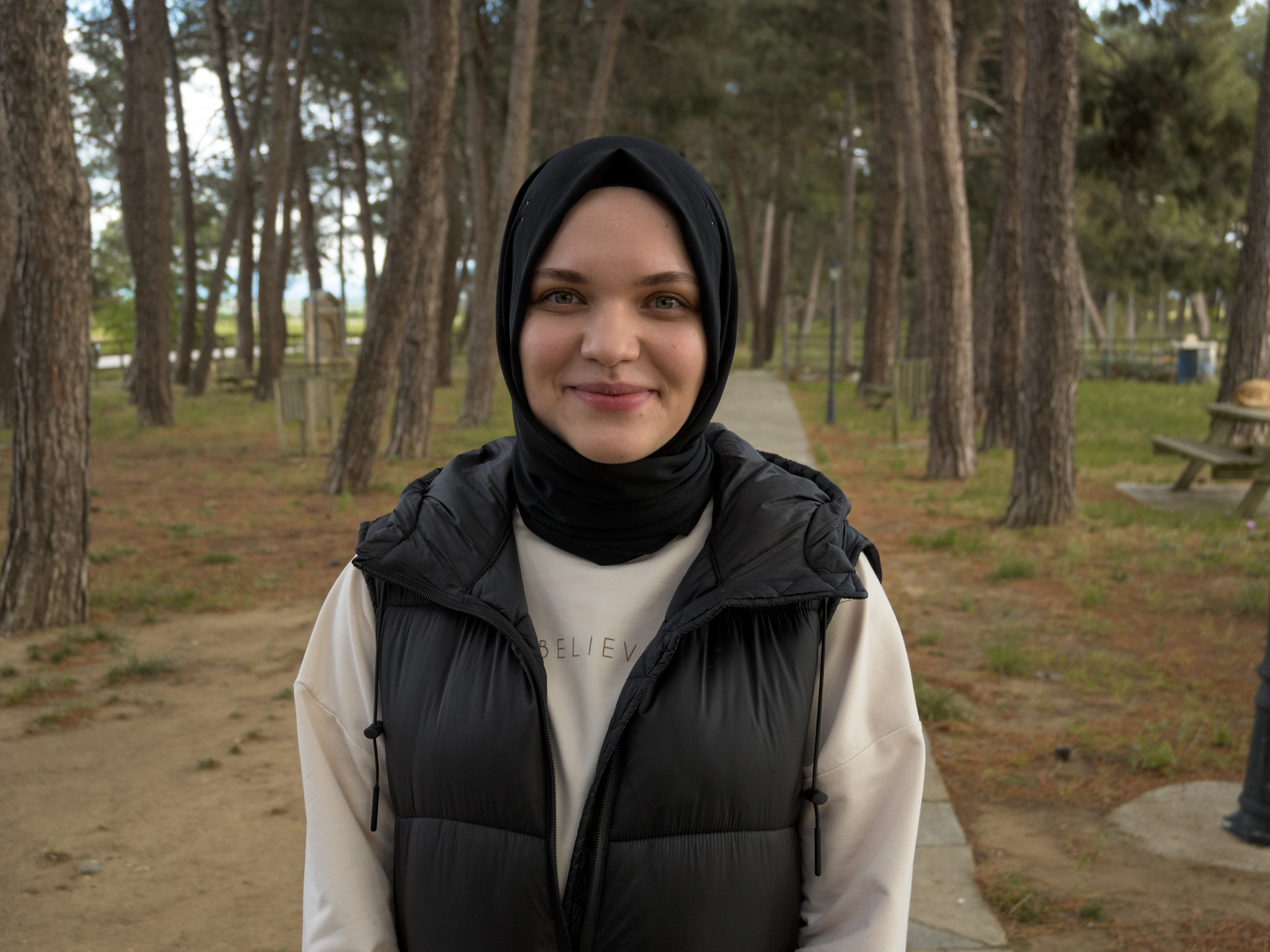
Despite her Greek passport, she feels completely Turkish. She knows Greek people, but mostly meets up with people who are also Turkish. Growing up, she only went to the minority schools. She does speak Greek, but limited.
‘I wish we could have two passports, a Turkish and Greek one. Then I would feel recognized, I think. And for me it would be practical, as I cross the border so many times.’
Mustafa Trampa – Xanthi
He is the elected Mufti, a job where law practice and religion meet. Mufti’s are councils and Muslims can seek their help with any kind of problem.
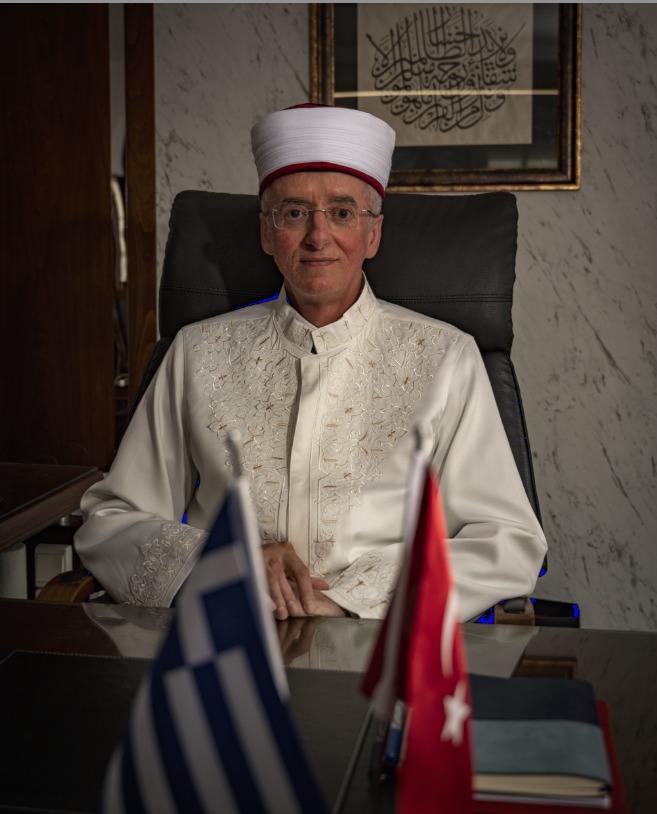
One of the areas where the Turkish-Muslim minority seeks full autonomy is religion. Although there are no numbers, it’s safe to say that almost everybody part of the minority is Muslim. Mustafa studied law in Turkey and has been Mufti in Xanthi for almost ten years. Or to be specific: the elected Mufti. Because in Xanthi, and Komotini too for that matter, there are two Mufti’s. One elected, and one appointed by the Greek state.
‘We do not work together, at all,’ Mustafa says on his relationship with the other, appointed Mufti in Xanthi. ‘Our paths never cross. But I am the Mufti the people come to, they are the ones that elected me.’
Ozan Ahmetoğlu – Xanthi
Ozan is the president of the Xanthi Turkish Union. The Union is a place where the minority can meet up and talk about recent events. They also organize field trips to Turkey for the Turkish-Muslim youth and sports events.
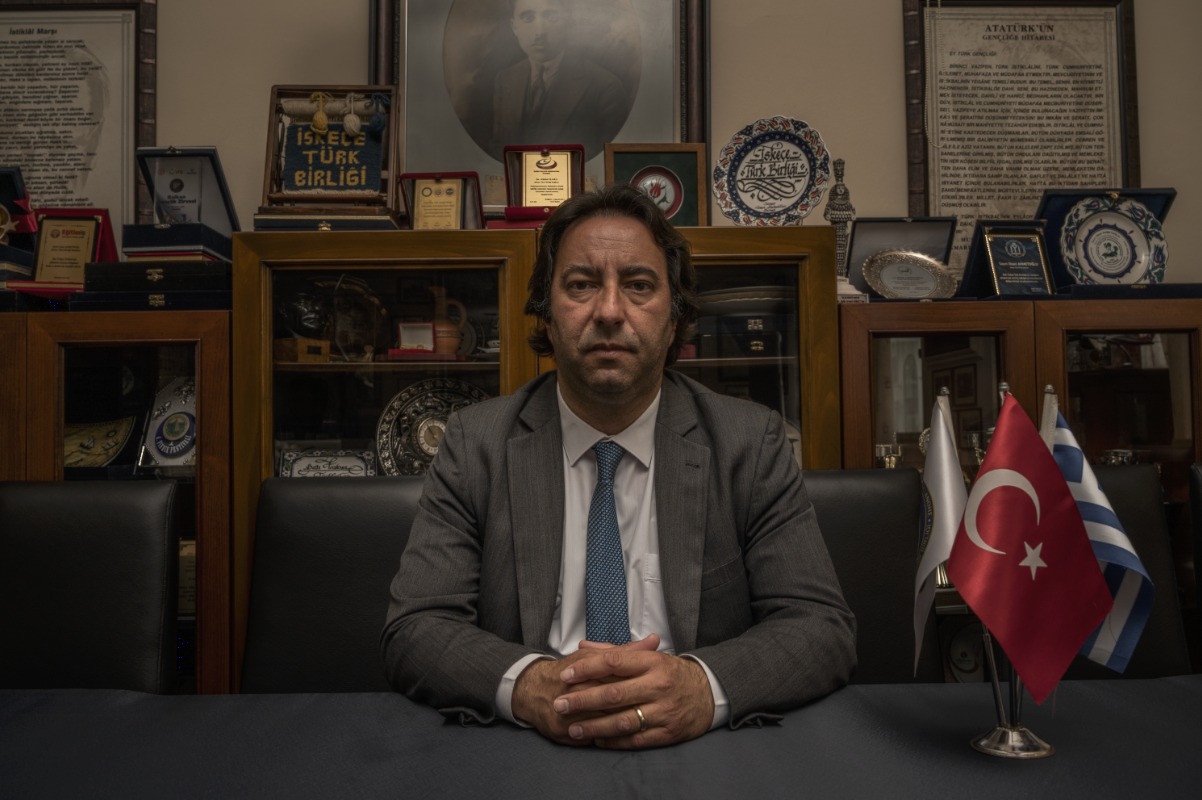
The Xanthi Turkish Union, legally, doesn’t exist. Back in the 1980’s, the Greek government decided that the Union – and a couple of other Turkish institutions in the region – did not have a legal status. In 1983, the sign above the entrance was taken away by the police.
The Union appealed to the European Court of Human Rights and won the case. However, with no sanctions in place for Greece if they didn’t oblige, nothing changed. The sign is still in police custody.
‘Xanthi is where I belong. I want to freely identify as a Turkish person in Greece,’ Ozan says about his identity.
Hülya Emin – Komotini
Hülya is the founder and editor-in-chief of Gündem Newspaper. It is a newspaper that mainly tailors to Turkish-Muslim minority readers.
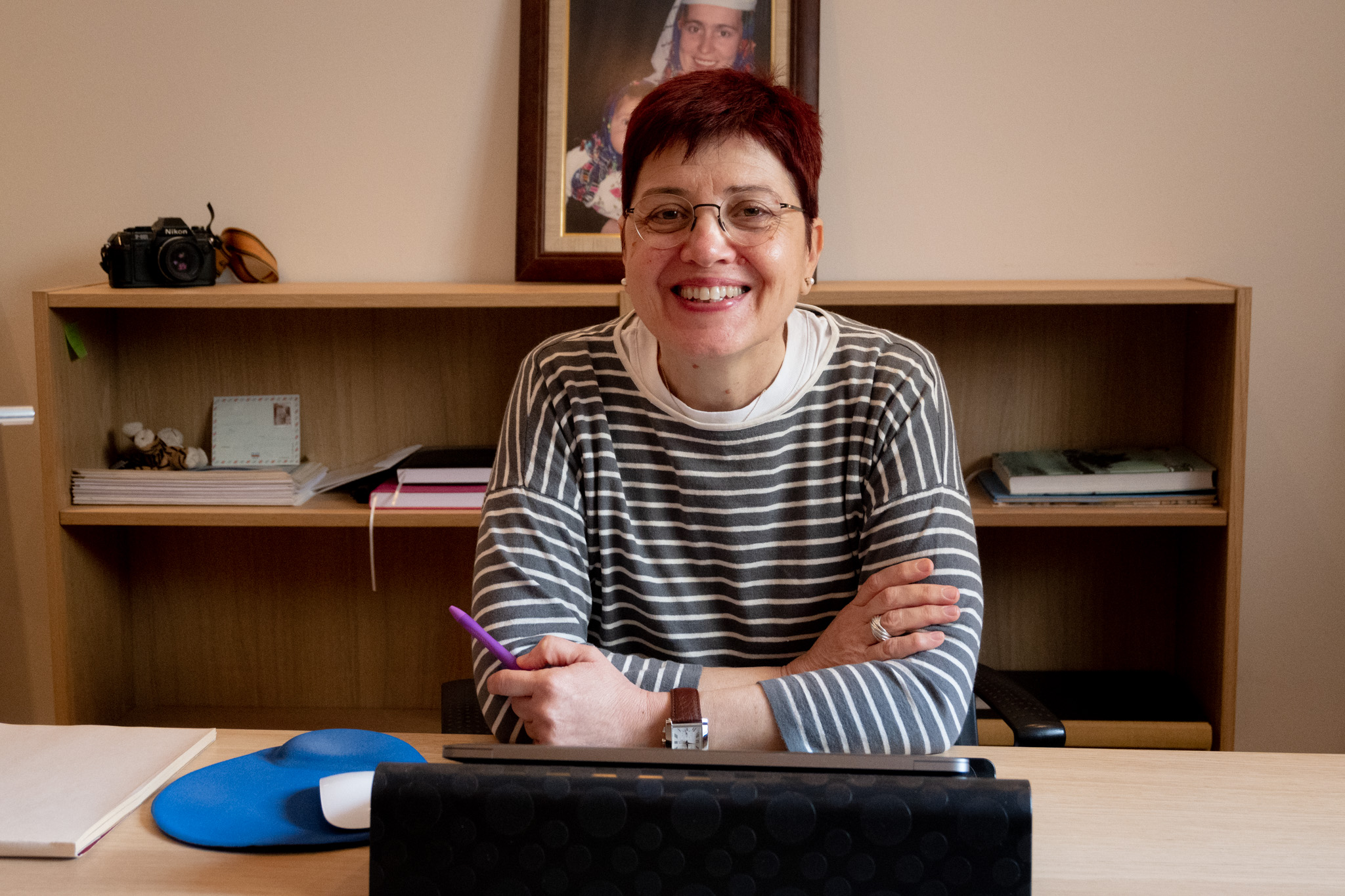
Hülya describes being a minority journalists in West-Thrace is quite difficult. She is marginalized and faced with false allegations of working for the Turkish government. As a small newspaper, she is just able to keep her head above water.
In 2014, a Greek teacher accused Hülya and her newspaper of spreading lies about the struggles the minority was facing. The damages lawsuit was 1 million euros, one of the highest amounts of damages ever demanded in a lawsuit. After appeals, she still had to pay half.
‘It’s frustrating, because I can prove I work in a transparant and independent way. There has never been proof that I work or am paid by the Turkish government,’ Hülya says.
Çiğdem Asafoğlu – Komotini
She is the president and party leader of the Friendship, Equality and Peace party. The party seeks to represent the Turkish-Muslim minority in West-Thrace. They do not have a seat in Parliament.
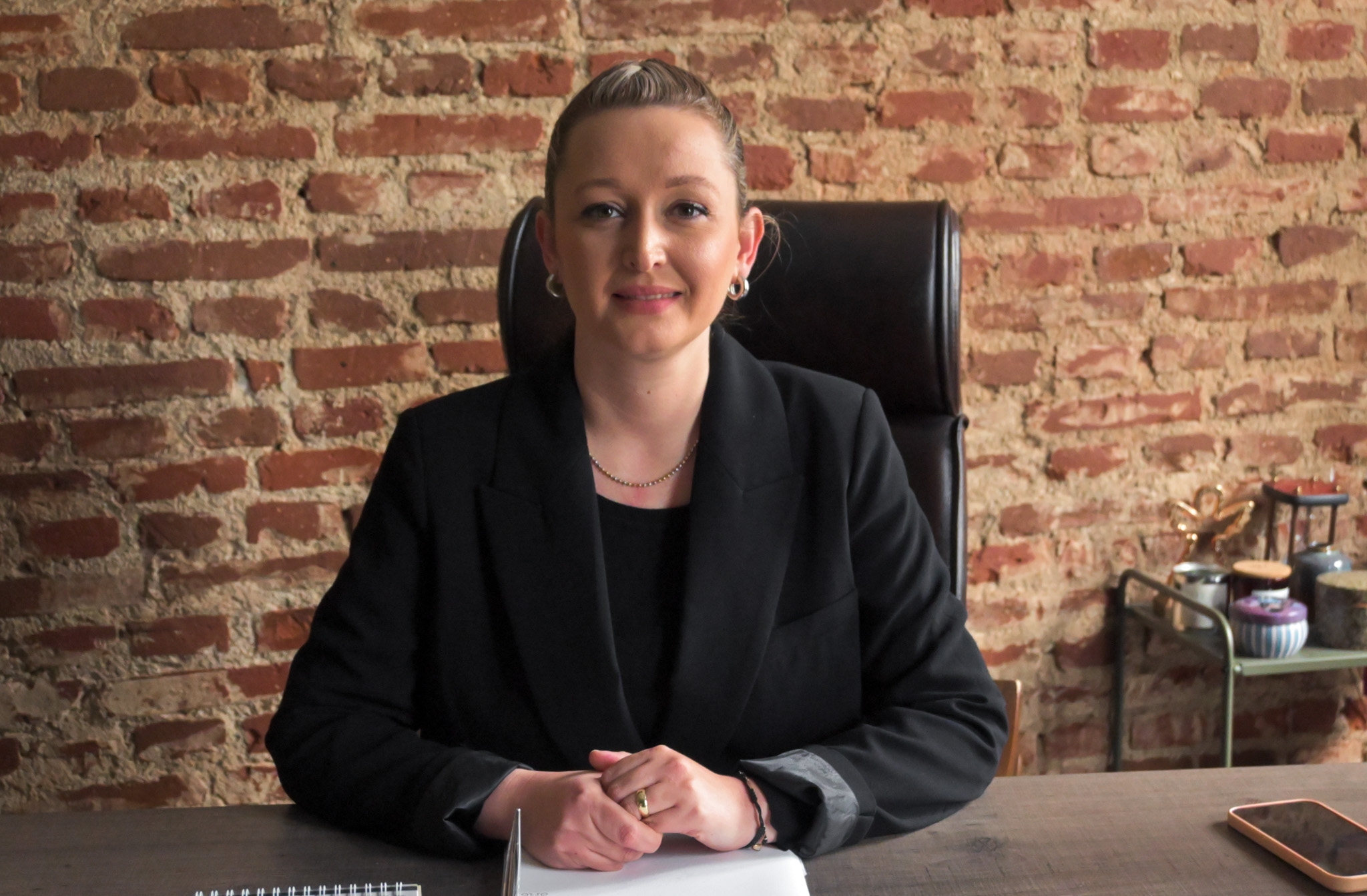
Çiğdem is no stranger to the false allegations by both local politicians and the media. She has continually been accused of working for the Turkish government. None of these allegations have been proven. Her party wrote to the UN in order to gain the official recognition many Turkish-Muslim people seek.
‘We hope that through writing big institutions like the UN or the EU, the Greek government will open the dialogue with us,’ she explains.
